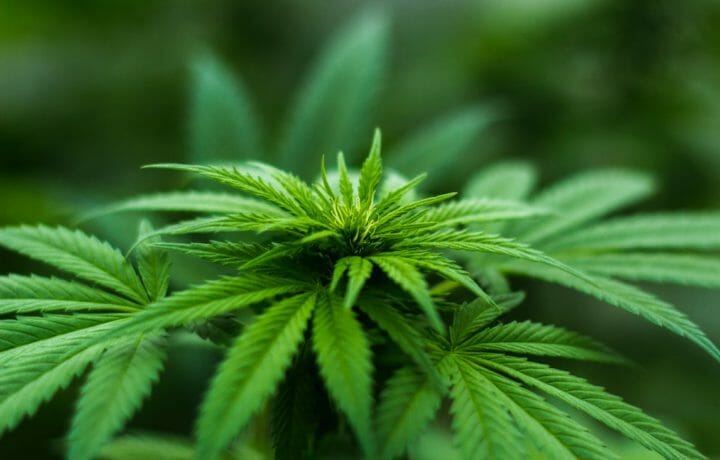Mary Jane and her little BFFs continue to cause confusion…and maybe animosity?… among clearance holders.
Question (from ClearanceJobs Blog Q&A, August 7, 2025):
“I live in a state where Delta‑8 is legal, and it’s federally legal as well. I even check third‑party test results to ensure compliance. I consume it via edibles—not smoking. Yet the clearance guidance seems clear: ‘weed bad.’ Why is Delta‑8 still a problem for security clearances?”
—WhatHappenedtoJeff
What ClearanceJobs Users Had to Say
clearedrob: “The federal legality of those substances is complex. When it comes to clearances and suitability, you HAVE to err on the side of caution … play with the limits of the law if you want, but don’t complain if your clearance/suitability goes bye‑bye.”
Cal: “Although hemp products with less than 0.3 % THC became legal under the Farm Bill, the federal government still has a zero-tolerance stance for THC on drug tests.”
sbusquirrel: “The real reason might be that drug tests can’t reliably distinguish between cannabinoids, and you can’t be sure your product is 100 % marijuana-free—just like a snack bar might warn, ‘produced on equipment that also processes peanuts.’”
Read the full argument here.
Why Delta-8 Remains a Red Flag for Clearances
1. Zero-Tolerance Drug Testing
Even though Delta‑8‑THC may be laboratory‑tested and federally derived from hemp, security clearance programs generally enforce a strict zero-tolerance policy for THC metabolites. Drug tests do not distinguish between delta‑8 and delta‑9 THC. A positive result for any THC can trigger disqualification or heightened scrutiny, regardless of intent or legality.
2. Inconsistent Legal Landscape
Although the 2018 Farm Bill federally legalized hemp-derived products containing less than 0.3% delta‑9‑THC, state-level bans and conflicting federal guidance—such as DEA statements—have resulted in legal ambiguity.
3. Labeling and Testing Reliability
Products labeled as hemp-derived or low in THC are not regulated by the FDA, and mislabeling is common. Without guaranteed purity, even well-intentioned users risk testing positive due to contaminants or cross-contamination.
Even if you think you’re staying within legal bounds, Delta-8 use poses tangible risks to both your drug test results and your clearance adjudication.
What Should You Do?
Avoid all THC—even hemp-derived—while undergoing clearance processes or if you hold a clearance. If you’ve already used Delta‑8 recently, be transparent:
- Explain your understanding of legality.
- Emphasize your intent to comply moving forward.
- Use the “additional comments” section to demonstrate responsibility and honesty.
- If faced with denial due to Delta-8, consult legal counsel specializing in security clearance appeals.
Delta-8’s legal gray area doesn’t translate into clearance acceptance. The zero-tolerance policy for THC, coupled with adjudicators’ low tolerance for risky behavior and the inconsistent regulatory framework, make any THC use, even in edible form, potentially disqualifying. When it comes to federal clearances, caution isn’t just recommended, it’s essential.
Much about the clearance process resembles the Pirate’s Code: “more what you’d call guidelines than actual rules.” For this reason, we maintain ClearanceJobsBlog.com – a forum where clearance seekers can ask the cleared community for advice on their specific security concerns. Ask CJ explores questions posed on the ClearanceJobs Blog forum, emails received, and comments from this site. This article is intended as general information only and should not be construed as legal advice. Consult an attorney regarding your specific situation.




